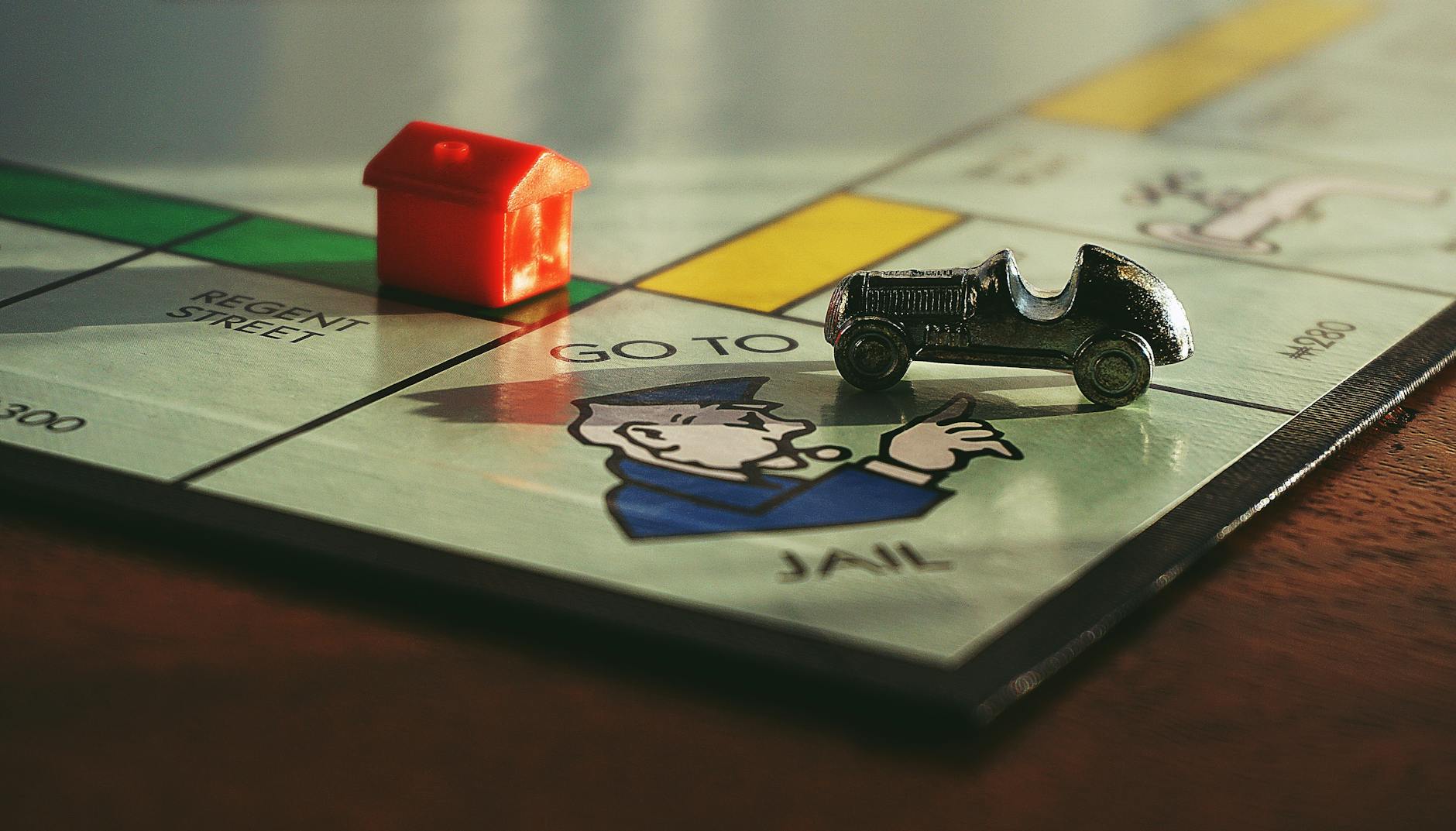Why We Don't Save #2: "I don't make enough money."


We’re fortunate to earn money when you click on links to products or services we already know and love. This helps support the blog and allows us to continue to release free content. Read our full disclosure here.
Welcome to our series: Why We Don’t Save – a breakdown of the six most common reasons people put off starting their financial journey.
Are they legit? Do you feel personally attacked? Stay tuned for a new post in this series every month!
When you barely have enough money to make ends meet, budgeting can feel pointless. You scrimp and save, but you already know you’ll wind up with just a few dollars at the end of the month. Or less.
Is budgeting worth it?
“I don’t make enough money to budget. It’s way too much work and stress, and I won’t be able to save anything anyway. It will just show me how bad off I am – I don’t need that."
-You, maybe.
It is hard. It can be stressful. But trust me – it’s infinitely better to face your financial reality so that you can start down a better path.
Being poor is expensive.
When money is limited, so are your options. Almost every aspect of life costs more when you’re short on cash.
- Food - No time or energy to cook or grocery shop, so you’ll buy a lot of prepared meals (paying someone else to do the labor).
- Housing - Renting as costs go up, unable to afford a downpayment for a house.
- Transportation - Cheaper vehicles that require more maintenance and need to be replaced more frequently.
- Education - Can’t afford it, leading to low-skill jobs for low pay.
- Bad credit, bad insurance – Pay more over time and more when something bad happens.
- Payment plans – Month-to-month contracts, which end up costing more – because you can’t pay upfront.
- Fees - Overdraft fees, minimum balance fees, late fees.
- Loans - Payday loans, auto loans… debt, debt, debt.
…it’s enough to make anyone want to stick their head in the sand.
Face it: Being poor is actually pretty expensive.
In fact, it’s like being preyed on.
But ignoring the situation won’t improve it. If anything, a lack of planning and attention-to-detail can make your situation much worse.
Every dollar is more important.
Building on a bad situation is hard – but it’s not pointless.
You’re never too poor to budget.
It’s arguably more important to keep a budget when you’re broke. Almost every dollar will already have a place to go – so it’s extra difficult to set money aside for savings. But if youre not keeping a budget and tracking your expenses, it’s infinitely more likely that extra dollars will be squandered.
Building awareness is hugely important to building your financial strength. The more awareness you have around where your money is going, the better-informed your decisions will be. The less informed, the more bad decisions you will probably make.
Getting visibility into where your money is going is the first step toward financial freedom, and regaining control over where it goes is the second step.
How To Budget While Broke
A budget, no matter what you make, will help you maximize the resources you have. When you have very little money, it’s even more important to be aware of where it’s going and be intentional with how you spend it.
Budgeting by paycheck is how most people tackle their monthly expenses. It helps them separate what they can pay, when they can pay it, and where the money will come from.
How To Budget-By-Paycheck
But a budget is only the first step…
You can’t out-budget systemic poverty.
Economic upward mobility (moving up from one socioeconomic bracket to another) in the United States is actually much lower than in many other countries. If you’re born into the bottom 20% of income-earning households, you have only a 7.5% chance of making it into the top 20%. In Canada, your chances would be twice as high.
That’s because other countries have social programs to help people in need. Financial satefy nets provide vital resources at the right time, preventing bad situations from getting worse. We can (and should!) be expanding our social programs to help people facing job loss, medical crises, and other hardships.
This means voting, and yes – that means you.
“I can’t make a realistic budget because I don’t know how much I’ll make in any given month! I can’t make a plan because my income is too unpredictable.”
How To Budget With A Variable Income
More money never hurts.
While you’re taking the time to vote in more progressive leadership – don’t neglect your own situation! Now I know what you’re thinking…
“Find a better job” is usually terrible advice.
The people giving it have little difficulty making ends meet in their own lives. I admit, I don’t struggle nearly enough to feel credible saying it.
But I will say it. Once. This time only. And I’ll explain.
If you have the opportunity to make more more – usually by changing jobs, sometimes requiring additional skills – the added money will more than make up for the effort required to get there. Would you rather work 40 hours making $15/hr or $16/hr? It seems like an easy choice – it’s not always easy to find.
But if an extra $90/month would help tremendously, keep an eye on your future.
When you have the money up front to plan out your epenses before they happen, you won’t be stuck reacting to unexpected events.
How To Get One Month Ahead
So what should you do?
If you’re struggling to make ends meet and you’re avoiding your bank statements because of how they make you feel…
A budget will help. But don’t stop there. If you can, aim to improve your situation permanently and for the better.
Here’s your to-do list:
- Make a budget.
- Make more money.
- Vote.
And if you’re looking for a community that gives back, consider a pro subscription here! We pledge a portion of our revenue to non-profits dedicated to improving financial wellness – like NELP and GiveDirectly.
Is a low income your go-to reason for avoiding budgets? Still think budgeting is pointless? Good luck!
Related Posts

Why We Don't Save #6: "I'm just bad with money'."

Why We Don't Save #5: "I don't have time to budget."

